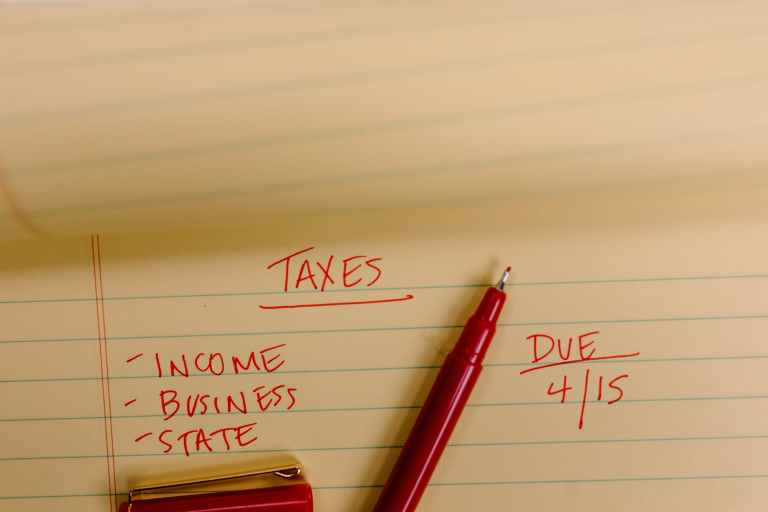Day trading in your TFSA? Watch out for the CRA!
We all want to be in the black regarding our investments, but investors using their Tax-Free Savings Account (TFSA) as a vehicle to shelter profits from triggering taxation could find themselves in hot water. According to Jamie Golombeck, an expert authority on Canadian tax law, the Canada Revenue Agency (CRA) is cracking down on investors who use their TFSA to day trade and avoid paying taxes.
CRA Rules Regarding TFSA Use
While the CRA doesn’t have specific rules about day trading inside a TFSA, the tax authorities provide guidelines and highlight restrictions regarding acceptable trading practices within a TFSA.
The primary guideline that all investors must consider is that the CRA considers the TSFA to be a tax-free savings vehicle for long-term investment purposes.
For investors who primarily use their TFSA for frequent, short-term trading activity, the CRA considers this an abuse of the principal use of the tax-free status of the TFSA. This can result in the loss of the tax-free status of the account — and any gains earned in your day trading and held with your TFSA are subject to taxation (including capital gains, interest income and dividends).
Why Treat Day Trading Differently?
Frequent trading — or day trading — is considered to be an activity undertaken by professional or knowledgeable investors. As a result, the CRA considers the profit as the result of business activities and all gains are subject to tax.
In addition to any taxes owed, the CRA has the ability to impose penalties and taxes on individuals who engage in prohibited or non-qualified investments within their TFSAs. This can include investments in businesses in which you or a related person have a significant interest and investments in certain types of derivatives, such as futures contracts.
The worse part is that anyone considered to be day trading in their TFSA owes not only tax but also interest on the late payment of the owed taxes, along with potential penalties and fines imposed by the CRA. The investor also loses the TFSA contribution room for that year, despite taxes owed on the investment earnings.
The Bottom Line
While there are no specific rules against day trading in a TFSA, it’s important to use the account for its intended purpose — as a tax-free savings vehicle for long-term investments.
If you’re considering day trading within your TFSA, it’s a good idea to consult with a tax professional to ensure that you’re following all the applicable rules and regulations.






